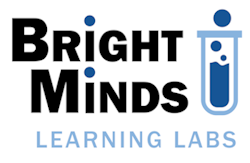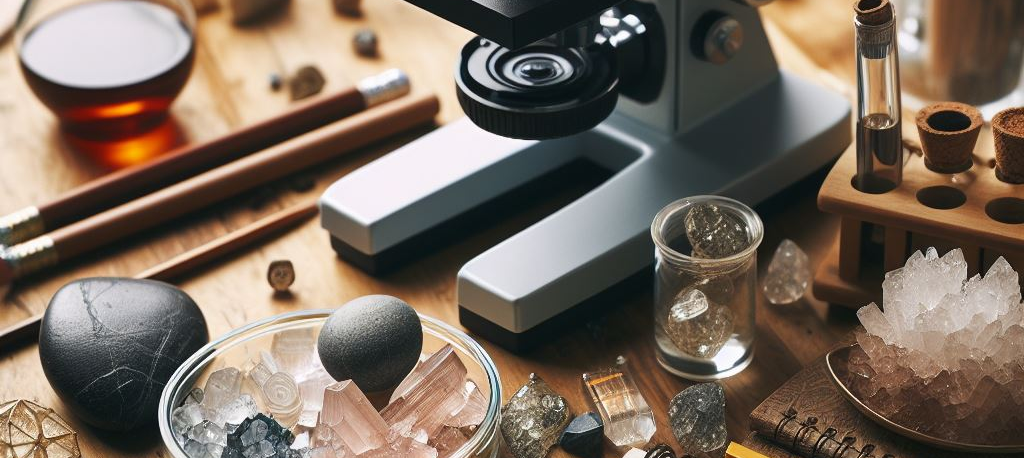Magnify the Miniscule
In this engaging, hands-on course, 7th-12th grade students will delve into the fascinating world of microscopy to explore worlds imperceptible to the naked eye. Through practical exploration students will learn to operate compound microscopes, experience various microscopy techniques, examine prepared specimens, and learn to prepare microscopy specimens. Whether peering at plant cells, observing animal tissues, examining bacteria, or inspecting textiles, students will develop a keen eye for detail and an appreciation for the wonders of the unseen world around them. No prior knowledge is required, making this an ideal introductory laboratory course.
Course Objectives
- Understanding Microscopes
- Explore the different types of microscopes, including compound and stereo microscopes.
- Learn how to operate different types of microscopes effectively.
- Types of Microscopy
- Experience various microscopy techniques such as bright field, dark field, and phase-contrast microscopy.
- Understand the applications and advantages of various types of microscopy.
- Specimen Exploration
- Investigate a wide range of specimens, including plant cells, animal tissues, bacterial cells, insects, textiles, crystals, rocks.
- Specimen Preparation
- Learn to prepare different types of microscope slides including whole-mounts, wet-mounts, live-mounts, and permanent mounts.
- Use a microtome to cut thin sections for detailed analysis.
- Micrography
- Capture stunning microscopic photographs (micrographs) to document findings.
- Create a slide library for future reference.
- Scientific Record Keeping
- Keep a detailed laboratory notebook as a record of observations, procedures, results, and skills developed.
Portfolio Artifacts*
- Laboratory Notebook
- A laboratory notebook helps develop good scientific habits and is essential for documenting experiments, organizing thoughts, and collaborating effectively.
- Slide Library
- A curated collection of prepared microscope slides, representing the diversity of specimens studied.
Prerequisites
- No prior knowledge is required. Curiosity and a willingness to explore the microscopic world are essential!
Microscopy opens a window into the intricate architecture of our world, revealing the beauty and complexity that exists within. Join us on this captivating journey of discovery!
* Portfolio – a purposeful collection of work or evidence that showcases a student’s learning, growth, and achievements over time.

